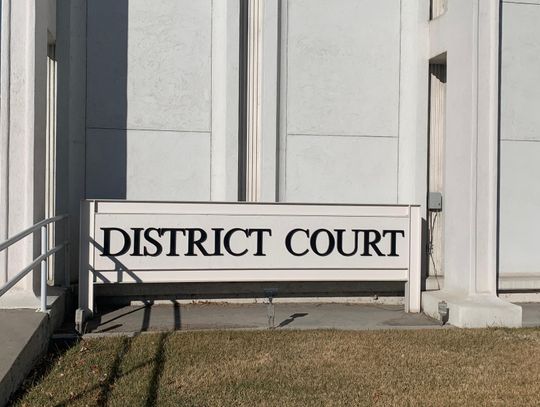Typically, this time of year is filled with graduation ceremonies and celebrations. But with the coronavirus pandemic, not much has been typical lately. Eventually, though, things will return to normal and schools will reopen for in-person learning. And if you have young children, you may want to save for their higher education, whether that be college or trade school. At the same time, though, you’re moving ever closer to retirement. Can you save for your kids’ education and a comfortable retirement for yourself at the same time?
It is indeed possible, although you may need to prioritize somewhat. Specifically, you may not want to put off saving for retirement in favor of education. But by viewing these goals together and investing as early as possible in each of them, you can take advantage of one of your biggest assets – time.
Of course, you’ll still have to budget your resources. You want to invest as much as you can, but not so much that your monthly cash flow is crimped. Consequently, you may have to consider retiring later, contributing less to your child’s education, or a combination of the two. But in terms of logistics, you can make saving and investing easier.
First, consider your retirement accounts. If you have a traditional 401(k) or similar plan, your contributions come out of your paycheck before you even see the money – so it’s about as painless a way of building your retirement fund as possible. Put in as much as your budget allows and consider increasing your contributions when you receive a raise at work. You can also direct your bank to move money each month from your savings or checking account into your IRA.
Now, let’s move to your other key goal: education. Several education funding vehicles are available, but one of the most popular is the 529 plan. Your earnings grow tax-deferred and withdrawals are free from federal tax, provided the money is used for qualified higher education expenses. (529 plan withdrawals not used for qualified expenses may be subject to federal and state income tax and a 10% IRS penalty on the earnings.) Furthermore, your 529 plan contributions may earn a state tax deduction or credit if you participate in your own state’s plan.
You can set up recurring contributions from a bank account to a 529 plan. And you don’t have to fund your 529 plan on your own. Instead of gifts for birthdays, holidays, graduations and other occasions, why not ask friends and relatives to contribute to the 529 plan you’ve set up for your child? They’re all eligible to participate – and their contributions may earn them tax benefits if they live in your state and you’ve invested in your own state’s plans.
A financial advisor can help you plan for more than one goal, understand the benefits and tradeoffs of your decisions, and make the process of saving for those goals easier. So, get the help you need to stay on track – or rather, two tracks – toward the important objectives of education and retirement.
This article was written by Edward Jones for use by your local Edward Jones Financial Advisor.
Edward Jones, Member SIPC
Support local, independent news – contribute to The Fallon Post, your non-profit (501c3) online news source for all things Fallon.
Never miss the local news -- read more on The Fallon Post home page.
The Fallon Post -- 1951 W. Williams #385, Fallon, Nevada 89406









































Comment
Comments